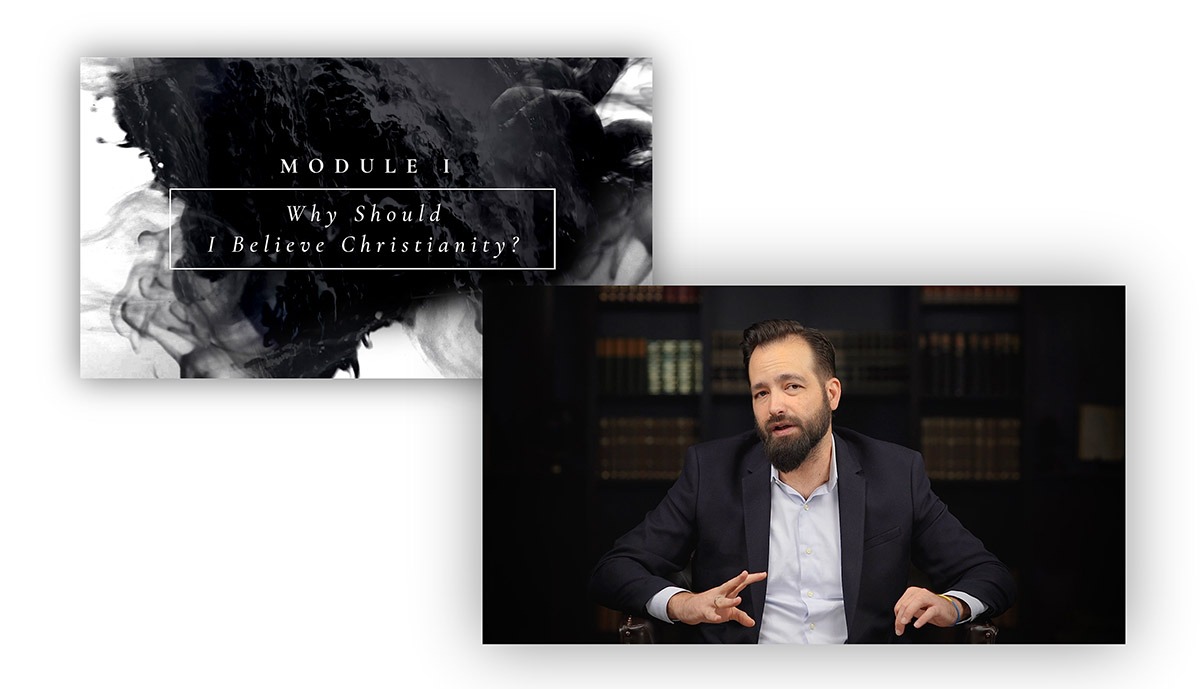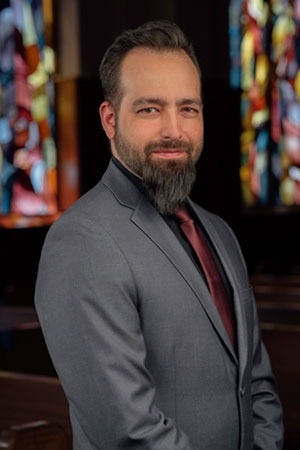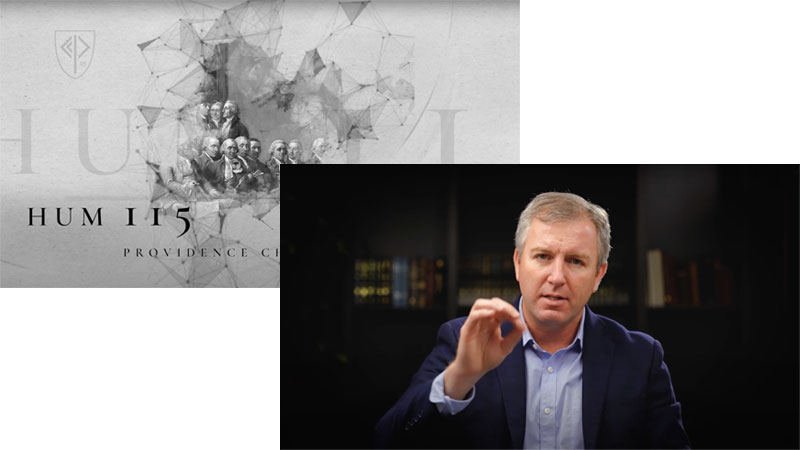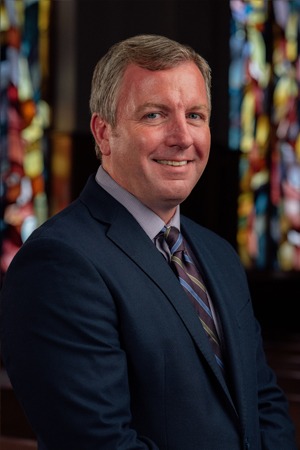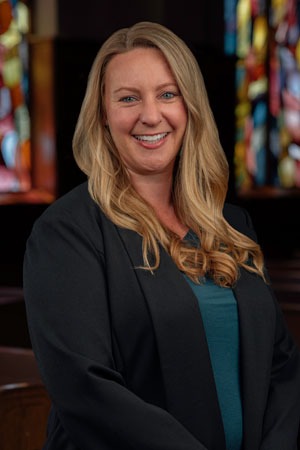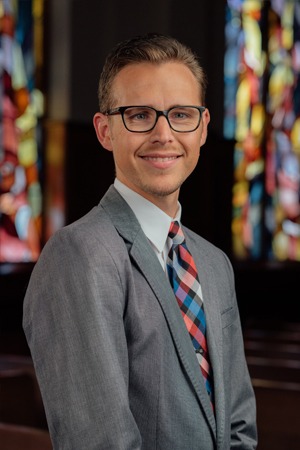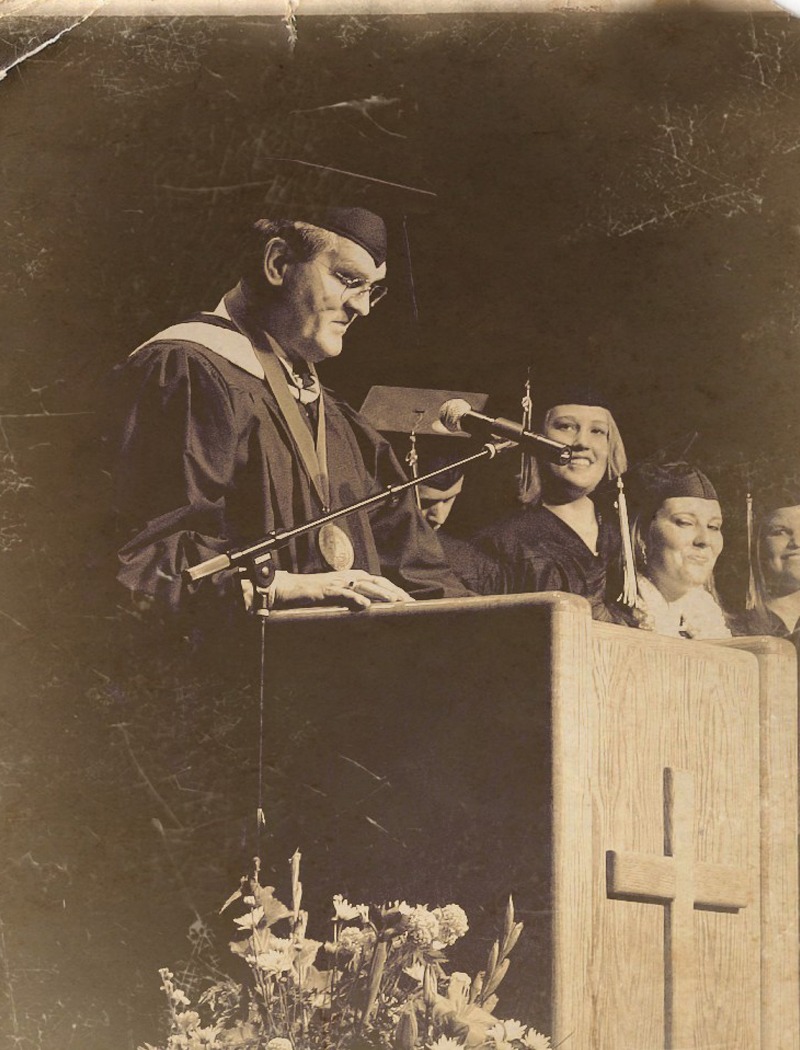 This December, students from Providence Christian College toured the Union Rescue Mission (URM) and interacted with those temporarily housed at the mission during the holiday season.
This December, students from Providence Christian College toured the Union Rescue Mission (URM) and interacted with those temporarily housed at the mission during the holiday season.
“It was overwhelming to see the seemingly endless amount of poverty, said Sarah Bergquist, class of 2018, “but as Christians, we are simply beggars showing other beggars where to find food, the true bread of life. We can meet them where they are, because God met us where we were.”
“We are not left without the grace provision to impact the homeless,” added Bergquist.
More than 26,000 homeless people live within Los Angeles’s city limits according to recent news reports. To grapple with this dark reality, Pasadena-based Providence students regularly visit Skid Row, a district east of downtown LA, known for its large community of homeless and the organizations that seek to reach them.
Skid Row visits are part of Providence’s Avodah Program to educate students through experiential learning and discover the cultural world of Los Angeles, in both its beauty and its tragedy.
Providence sponsors Avodah experiences for academic credit in order to equip students to effectively engage the diverse local and global community. Through Avodah Experiences, Providence students are given practical application to their theoretical teaching in the classroom through day trips and extended cross cultural immersion experiences.
According to Max Belz, Providence Director of Experiential Learning, the purpose of the program is to understand kingdom service and culture – including people, worldviews, artifacts, traditions and languages. The Avodah Program is committed to seeing the world as God created it, in its goodness and wholeness.
Avodah is a Hebrew term rooted in the biblical framework that all of life should be lived as a spiritual act of worship for God’s glory. The wide range of Avodah Experiences take Providence students to the Getty, LA Fashion District, Tijuana, Mexico, LA Opera, Pantages Theater, LA Philharmonic; Port of Los Angeles, NPR station KPCC, Japanese American Museum, and Mt. Wilson Observatory to name a few. Information on the program can be found on the Providence Avodah page.
But the trips to Skid Row are often the most impactful for students. In past years, trips to Skid Row have also included meeting with the police officers who patrol Skid Row and who, over the course of many years, have established connections with residents of the neighborhood. Another trip took students to the Skid Row Housing Trust, a non-profit which renovates single-occupancy room buildings to provide housing in an already overcrowded city. As part of Providence’s core curriculum, students have also volunteered at Midnight Mission, helping distribute clothing and food.
“Through these trips, the goal is to acknowledge who people are, as having been created in God’s image, and how that image is scarred by the deep effects of a fallen world,” added Belz. “Another reality the program seeks to understand is that the world is marred by sin and the reality that Jesus Christ redeems people toward the full realization of a rebuilt world. Providence is committed to seeing the world in these dimensions: creation, fall, and redemption.”
The day before this year’s trip, students discussed a Christian response to poverty and homelessness, using models of understanding poverty put forth in Bryant Myers’s Walking with the Poor, a philosophy carried on by Bryan Fikkert and the work of the Chalmers Center on Lookout Mountain, Georgia.
“One of Myers’s core ideas is that poverty is defined as the brokenness that taints every human being’s four primary relationships: with God, other people, the created world, and self,” explained Belz. “Properly understanding poverty is seeing the mutual brokenness that exists between each person and these other entities.”
During the discussion, Belz said students rightly pointed out that Myers’s definition applies to all human beings, helping them humble themselves, a key to doing ministry well.
“And it’s this understanding of God becoming man in Jesus Christ’s incarnation that makes this time of year so encouraging,” he concluded. “The story of Jesus also give us hope for our own futures, and even hope for the destitute and homeless.”
To see photos of Avodah experiences throughout the year, follow us on the Avodah Instagram page.
